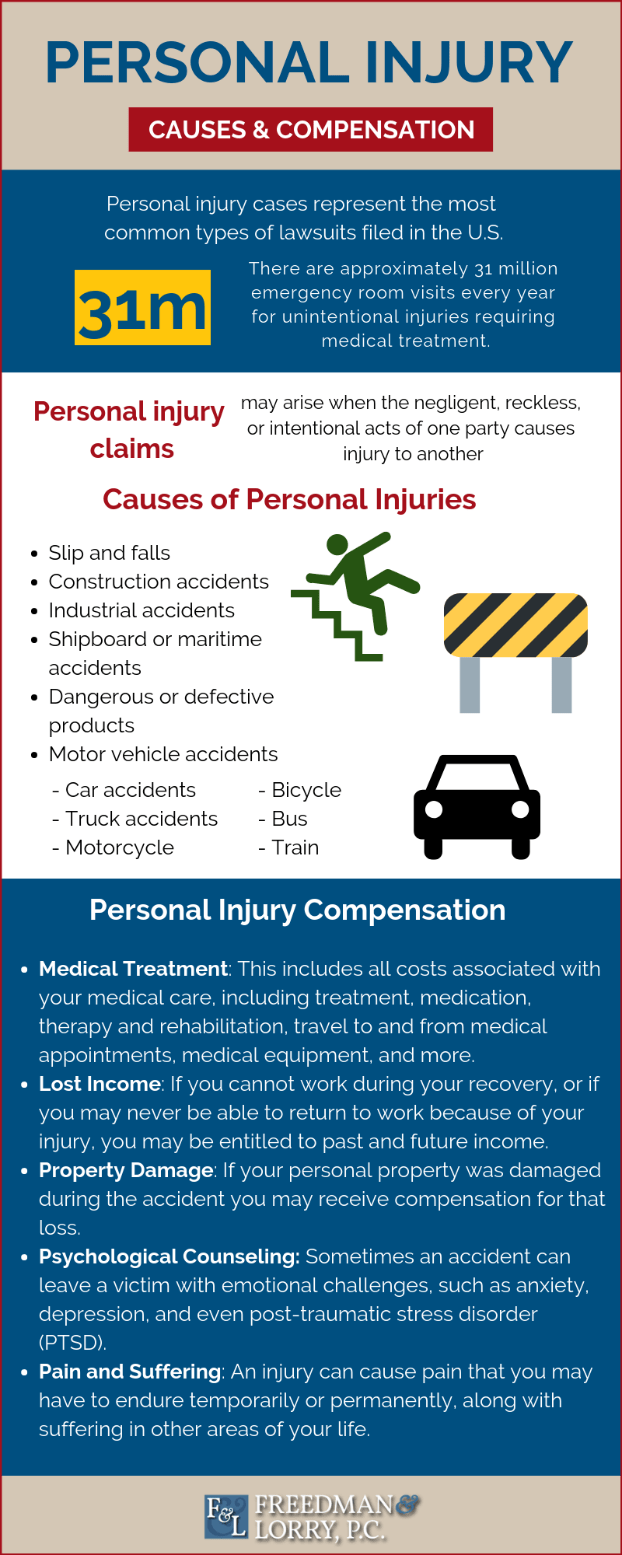A Comprehensive Guide To Landlord-Tenant Law For Real Estate Attorneys
A Comprehensive Guide To Landlord-Tenant Law For Real Estate Attorneys
Blog Article
Authored By-Wilkins Power
When it concerns landlord-tenant law, recognizing your civil liberties and responsibilities is crucial for both parties. You may believe you have a strong grasp on the fundamentals, but there are typically nuances that can catch you off-guard. Whether you're a proprietor handling a property or a lessee looking for a steady home, understanding the lawful landscape can make all the difference. What might shock you are the intricacies involved in browsing disagreements and eviction processes.
Recognizing Renter Rights and Responsibilities
When you rent a residential or commercial property, it's crucial to recognize your legal rights and obligations as a renter. You have the right to a risk-free and habitable living setting, suggesting your property owner must preserve important solutions like heating, pipes, and power.
You're also qualified to personal privacy; proprietors generally need to provide notification before entering your system.
On the flip side, you are accountable for paying rental fee promptly, maintaining the property tidy, and not causing damages beyond normal damage.
Familiarize yourself with your lease arrangement, as it describes certain policies and obligations. Recognizing these facets not only protects you yet additionally promotes a positive connection with your proprietor.
Stay informed, and you'll navigate your occupancy better.
Secret Property Owner Commitments and Lawful Considerations
While you may recognize your civil liberties as a renter, it's similarly crucial to understand your property owner's responsibilities.
Landlords should provide a secure and habitable living atmosphere, guaranteeing that essential systems like home heating, pipes, and electrical energy remain in functioning order. They're also in charge of making necessary fixings immediately and sticking to neighborhood building regulations.
Furthermore, property managers must value your personal privacy by giving appropriate notice prior to entering your system, typically 1 day. They ought to manage down payment according to state laws, including returning them quickly after you leave, minus any type of authorized reductions.
Comprehending these obligations can help you preserve a favorable relationship with your property owner and guarantee your living scenario meets lawful standards.
Browsing Disputes and Expulsion Processes
Disagreements between proprietors and occupants can arise all of a sudden, making it critical for you to comprehend the procedures associated with fixing them.
First, https://www.inman.com/2022/06/02/real-estate-market-shift-ahoy-the-real-word/ is essential-- attempt to review concerns directly to locate a concession. If that falls short, acquaint yourself with your neighborhood regulations regarding disagreements and eviction. Paper whatever: keep records of interactions, settlements, and any kind of offenses.
If eviction becomes required, ensure you comply with the lawful actions called for in your area, which often includes offering composed notification and a details duration for resolution.
Be prepared to head to court if https://zenwriting.net/benedict6349detra/what-questions-should-i-posture-to-my-realty-attorney rises, maybe your only recourse. Recognizing these procedures will certainly help you navigate conflicts better and safeguard your legal rights as either a property manager or renter.
Final thought
In summary, understanding landlord-tenant regulation is necessary for both events involved in a rental agreement. By recognizing your civil liberties and responsibilities, you can promote a far better living setting and avoid problems. If disagreements occur, remember that a real estate lawyer can assist guide you via the intricacies of eviction processes and legal obligations. Remaining educated and proactive will make certain a smoother rental experience, whether you're a landlord or a tenant.
